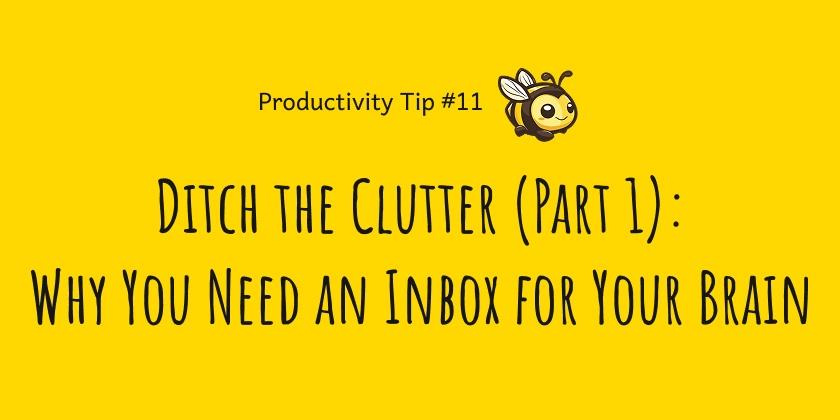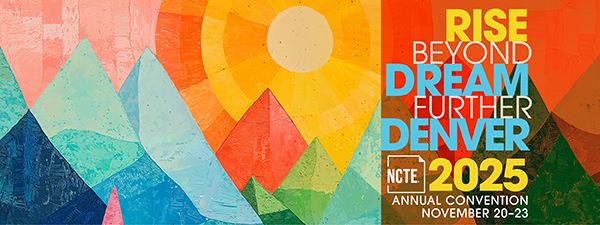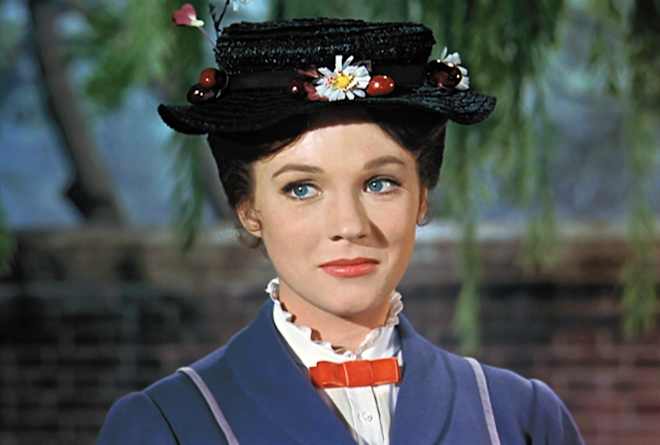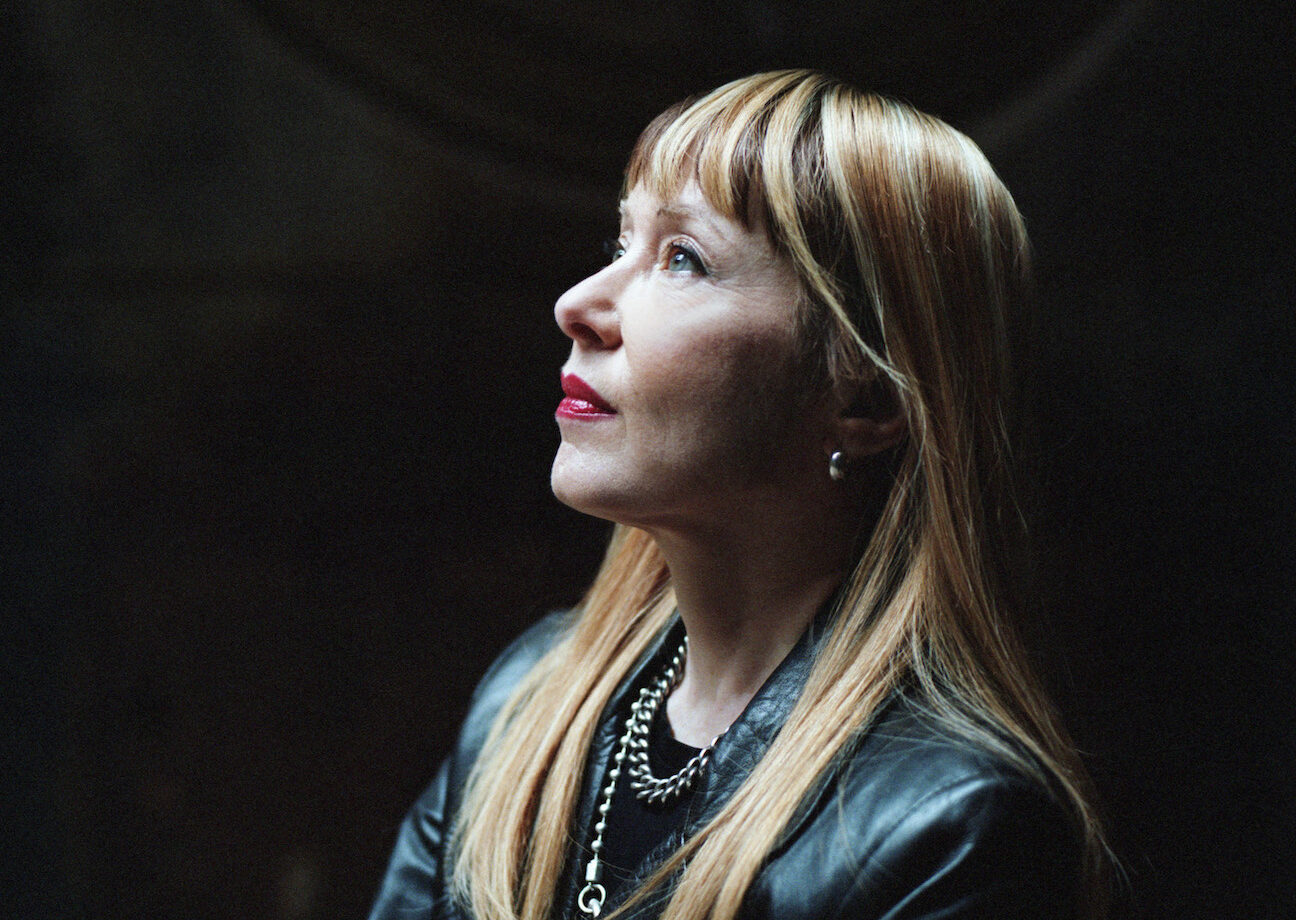My family has money but doesn’t give to charity. How do I challenge them without being weird?
Your Mileage May Vary is an advice column offering you a unique framework for thinking through your moral dilemmas. To submit a question, fill out this anonymous form or email sigal.samuel@vox.com. Here’s this week’s question from a reader, condensed and edited for clarity: I have family and friends who are relatively well-off but don’t spend much time thinking […]


Your Mileage May Vary is an advice column offering you a unique framework for thinking through your moral dilemmas. To submit a question, fill out this anonymous form or email sigal.samuel@vox.com. Here’s this week’s question from a reader, condensed and edited for clarity:
I have family and friends who are relatively well-off but don’t spend much time thinking intentionally about how to do good. So I’ve been wondering whether or how much to challenge them to do more good and take doing good more seriously.
For example, I’ve always given a percentage of my income to charity. I’ve got parents who are lovely people, but they donate basically not at all. It’s hard to know how to bring this up to them. They’re retired. They have a house and a summer house. They clearly have enough money. I’d love for them to answer the question of “How much should we be giving back?” I have the sense that they haven’t actually thought about it, so the default decision is to do nothing.
And especially with people in my generation, it feels uncomfortable to talk about this. I don’t want it to feel accusatory or make people defensive. I want people to make an affirmative decision they’re happy about and not have it live in the ambient guilt zone. How can I bring it up in a way that makes clear I just want people to be actively making a decision, even if it’s not the same as mine?
Dear Do-gooder,
“The curious paradox is that when I accept myself just as I am, then I can change,” the 20th-century psychologist Carl Rogers once wrote.
I think the same is true about changing other people. Start by accepting them just as they are, and you may find they’re a lot more receptive to what you say.
It sounds like you’re not trying to shove your own ideological commitments down your family and friends’ throats, and I think that’s great. But I’d encourage you to go even further.
Rogers’ insights are helpful here. Contrary to the views of other psychologists, Rogers didn’t think it took any special therapy for a person to change for the better. He believed that just a few conditions were necessary: The person has to feel that you view them with unconditional positive regard — that you like and accept them as they are, not only if they change in this or that way. The person also has to feel that you’re able to truly empathize — that you understand how things feel to them from within their own internal frame of reference.
Meet those conditions, Rogers said, and the person will naturally move toward greater consistency between their values and actions, becoming healthier and more integrated.
Have a question you want me to answer in the next Your Mileage May Vary column?
Feel free to email me at sigal.samuel@vox.com or fill out this anonymous form! Newsletter subscribers will get my column before anyone else does and their questions will be prioritized for future editions. Sign up here!
You sound like you’re already pretty good at the “unconditional positive regard” part — you write that your parents are “lovely people” despite not donating to charity. But ask yourself if you’ve truly understood how the world feels to them from within their own internal frame of reference.
Maybe they’re nervous about money, and maybe there’s a good reason why they’re like that. Yes, they’ve got a lot of resources now, but was there a time when they didn’t? That can lead to an enduring scarcity mindset. Take me, for example: I grew up in a family on welfare, and even though I started earning a decent salary as an adult, I kept grappling with money dysmorphia — feeling nervous about money even after becoming financially stable.
Or maybe your family and friends just have a different idea about what counts as “doing good.” It’s possible they already see themselves as very committed do-gooders, only their approach isn’t about giving charity; it’s about volunteering or helping the environment or engaging in political activism. Are you sure your way is better? Or is it possible that there are multiple moral perspectives that are equally valid, even if they conflict with each other? Philosophers call that latter view moral pluralism, and I think it’s worth taking really seriously.
But even if you do think your way is better or your loved ones are ignoring a pretty powerful way to do good, you’ll still want to be very careful about how you express that.
I say that because of the Stanford psychologist Benoit Monin’s research on “do-gooder derogation.” Monin’s studies showed people tend to feel less warm toward those who are extremely moral and altruistic. And the more people sense that the altruist might judge them, the more they put down the altruist. For example, Monin’s study participants rated vegetarians more negatively the more they expected the vegetarians to see themselves as morally superior to meat eaters.
People really, really don’t like to feel morally judged. And if they get even the slightest hint that you might be judging them, your approach is likely to backfire. Again, a personal experience: In college, a friend who was studying environmental science looked at me with disgust when she saw me once eat my lunch — a vegan lunch, for goodness’ sake! — with a plastic spoon. Her reaction turned me off environmentalism for longer than I care to admit.
So, what actually works? If you understand what it really feels like to be the other person, a la Rogers, that might give you clues about what it would take for them to become more open to your views. Often, I think you’ll find that they need carrots, not sticks.
That was the case for me. Because of my money dysmorphia, donating to charity felt genuinely scary to me for a long time. I worried: What if I need that money for myself down the line? Then I got a job where my colleagues were super-excited about donating. They seemed to genuinely derive a lot of joy and meaning from giving to charity. I wanted that joy and meaning, too! So I started small, giving in increments of $10, then $50, then hundreds and thousands of dollars. And believe it or not, I enjoyed it so much that Giving Tuesday actually became one of my favorite days of the year.
If I’d felt pressured to donate, I would have pulled back in fear and resentment. But because it was fine to approach it in a way that felt safe to me, and I was given the sense that there was an awesome feeling waiting for me on the other side, I willingly made the change.
As for environmentalism, I’m embarrassed to admit this, but I didn’t reengage until, as an adult, I was re-exposed to the beauty of nature and of the animal kingdom. It started when someone invited me to try birding. To my surprise, I fell in love with birds! They turned out to be a gateway drug: I soon found myself watching monkeys, listening to bugling elk, and snorkeling with colorful fish. And caring deeply about the natural world they inhabit.
In other words, sometimes people need to feel safer or to have positive experiences that show them just what’s at stake for them personally before they’ll engage.
The research bears this out. As psychologist Molly Crockett has shown, when people judge how good a “good deed” is, they consider the benefits that those deeds bring about — but they also consider how good it feels to perform them. If anything, Crockett’s data suggests that people put more weight on how good it feels to them. So they might think that a good deed that brings very little benefit but gives them a really warm, fuzzy glow is actually more praiseworthy than a good deed that feels detached and emotionless but brings about a lot of benefit.
That’s a bit bizarre — but that’s human psychology! And you can work with it by talking about the personal satisfaction that you get from donating or other ways that you do good. Don’t emphasize the moral arguments (lest you fall victim to do-gooder derogation). Instead, emphasize joy.
Since it’s tough to find ways to slip this into conversation organically, you’ll probably be better off doing this as part of a ready-made ritual that you share with family or friends. That could be, say, your birthday party. But, since neuroscientific research indicates that practicing gratitude can prime our brains to be more altruistic, I’d suggest piggybacking on a holiday traditionally associated with feeling thankful for all we have — whether that’s a religious holiday, like Judaism’s Sukkot, or a secular holiday, like Thanksgiving.
Say you offer to host Thanksgiving. (In the invite, give people a heads-up that you’ll be doing a short reflection.) After people have had something to eat but before they’re totally comatose, ask everyone to reflect on what they’re grateful for. Then say, “I feel really grateful that I’ve been able to donate 10 percent of my income to charity X this year. I just got an update from the charity, and it said that my money helped 10 poor families put food on the table and send their kids to school. It felt amazing!”
Then you can ask everyone, “What makes you feel amazing? Is there something helpful you’ve done this year that felt super-satisfying? Do you want to set an intention to do more of that between now and next Thanksgiving?”
Don’t expect people to magically change their entire personality then and there. More likely, you’ll be planting a seed that will germinate over months or years. This patient approach might take longer than direct persuasion, but it typically creates more sustainable change and preserves your most important relationships in the process.
If you want to nudge the seed along, remember Rogers’s advice about providing the optimal growing conditions. Help people feel safe. Help them feel understood. And then help them fall deeper in love with the world by putting them in contact with what’s beautiful and good. Chances are they’ll naturally gravitate toward it.
Bonus: What I’m reading
- Thanks to this week’s question, I went on a real Carl Rogers bender. In his book On Becoming a Person, which you can read online, he observes that we typically don’t engage in good communication because it requires real courage. “If you really understand another person in this way, if you are willing to enter his private world and see the way life appears to him, without any attempt to make evaluative judgments, you run the risk of being changed yourself. … This risk of being changed is one of the most frightening prospects most of us can face.”
- Written by a psychologist, this piece in the magazine Psyche offers some more granular tips on how to make other people feel heard. Validating someone’s opinion doesn’t mean you agree with it; in fact, the author notes it can “increase the probability that people will seek you out and act on what you suggest.”
- Nautilus magazine recently published a very interesting piece called “Why Our Brains Crave Ideology.” Psychologist Leor Zmigrod, who studies the neurobiological origins of ideological thinking, explains in it why ideology is the “brain’s delicious answer to the problem of prediction and communication” — and how to avoid becoming an ideologue.








































































